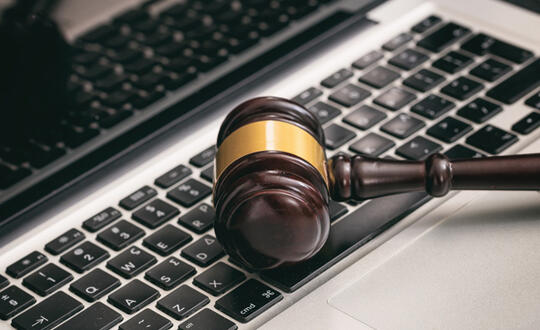Jason Hicks, Ian Dickinson Discuss Defending and Opposing False Testimony, Errata Sheets, Sham Affidavits in Stafford Webinar
Sep 10 2020
At some point, nearly every litigation attorney is faced with the uncomfortable dilemma of an opponent (or client) attempting to substantively change deposition testimony in an errata sheet. What are the attorney’s obligations both to the court and to the client? Likewise, how should an attorney respond when opposing counsel presents errata sheets or other materials that contradict earlier testimony?
Womble Bond Dickinson attorneys Jason Hicks and Ian Dickinson recently led a Strafford webinar on “Pretrial Discovery: Defending and Opposing False Testimony, Errata Sheets, Sham Affidavits; Reopening Depositions”. In this presentation, Hicks and Dickinson provided guidance on confronting changes in testimony in errata sheets and sham affidavits which contradict prior testimony. They discussed the variety of options available to counsel to both defend and oppose contradicted testimony, such as:
Hicks and Dickinson say it is important to note that just because testimony is denied or contradicted does not mean it is removed from the court record. So in addition to offering practical advice, the Womble Bond Dickinson attorneys also addressed recent trends in federal courts on errata sheets and sham affidavits. They caution that court rules for clarifications and corrections are more nuanced than they may appear.
The webinar took place Sept. 10. Click here for more information.